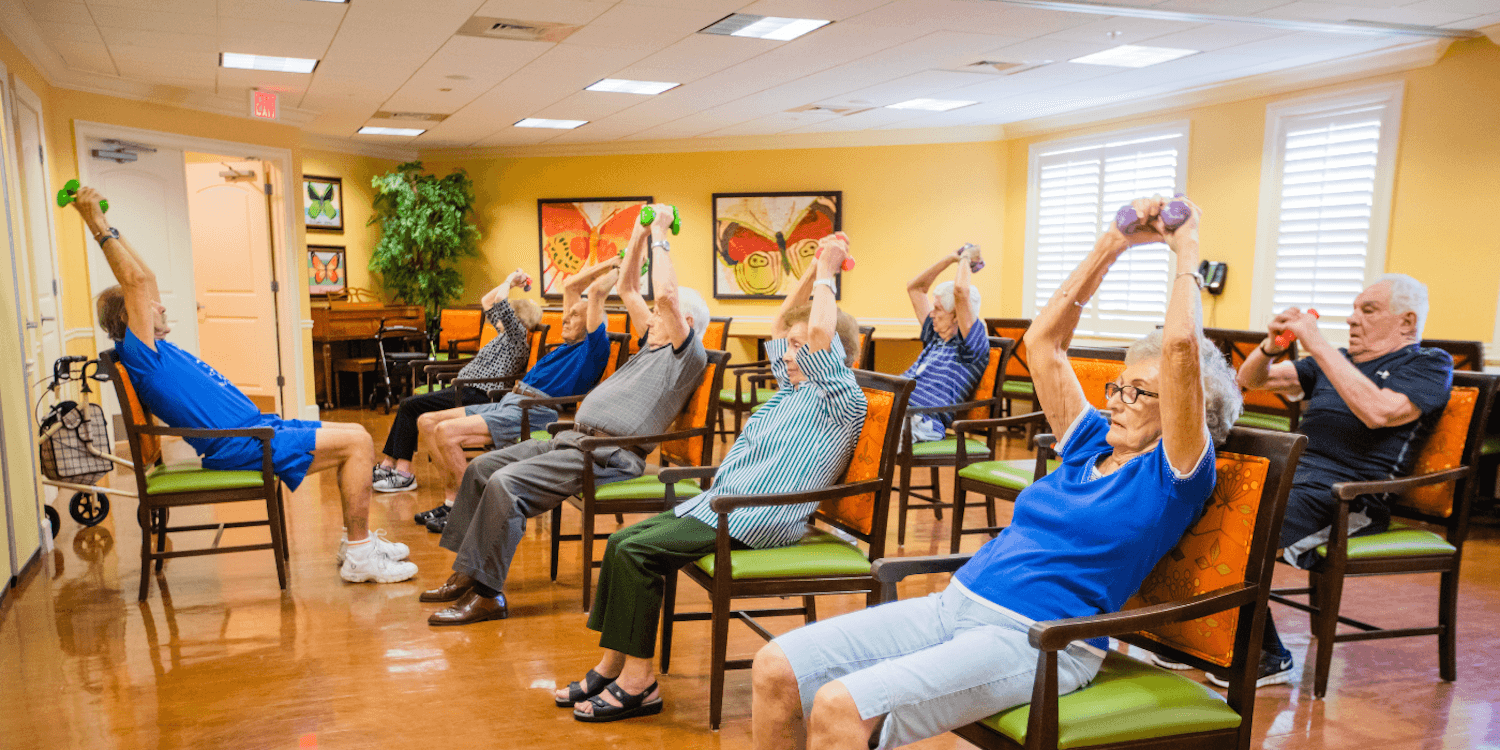Sustaining Households with Specialized Alzheimers Care Charlotte Services
Sustaining Households with Specialized Alzheimers Care Charlotte Services
Blog Article
Specialist Tips for Offering High quality Alzheimer's Care in the house
Taking care of an individual with Alzheimer's disease in the house presents distinct challenges that call for both understanding and critical preparation. Developing a structured daily routine, boosting interaction abilities, and creating a secure atmosphere are necessary components of effective caregiving. Additionally, caretakers should not neglect the value of seeking outside assistance and sources to preserve their very own wellness. As we check out these expert ideas even more, it comes to be clear that a thoughtful approach can considerably affect the lifestyle for both the caretaker and the individual obtaining care. What particular strategies can be carried out to ensure a supportive environment?
Understand Alzheimer's Condition
Alzheimer's illness, a dynamic neurodegenerative problem, exceptionally affects cognitive feature and everyday living tasks. It largely influences memory, believing, and behavior, leading to a gradual decrease in the abilities required for independent living. Early symptoms commonly include lapse of memory, difficulty in analytic, and challenges in finishing acquainted tasks. As the disease proceeds, individuals might experience disorientation to time and place, impaired judgment, and adjustments in state of mind and individuality.
The etiology of Alzheimer's is intricate, entailing the accumulation of amyloid plaques and tau tangles in the mind, which interfere with neuronal interaction and result in cell fatality. Threat aspects consist of age, genetics, and way of living options, with most of cases taking place in individuals over 65. Awareness of these facets is important for caretakers, as understanding the condition can promote much better support and treatment methods.
Furthermore, Alzheimer's condition not only influences the specific but additionally has significant psychological and logistical implications for families. Identifying the stages of the condition permits caretakers to anticipate difficulties and adapt their strategy, making sure that the needs of those impacted are consulted with concern and understanding. This fundamental expertise is necessary for advertising top quality care at home.
Develop a Regular
Developing an organized daily routine can considerably enhance the quality of life for individuals coping with Alzheimer's illness. Developing constant patterns assists to decrease complication and stress and anxiety, giving a complacency and knowledge. A daily routine should include regular times for meals, tasks, and rest, which can assist people expect what to expect throughout the day.
Including basic, acquainted tasks right into the regimen can promote a sense of accomplishment and freedom. Tasks like horticulture, food preparation, or perhaps simple home jobs can be beneficial. It is vital to customize these tasks to the individual's capabilities and interests, ensuring engagement without frustration.
Furthermore, adaptability within the routine is crucial. While uniformity is very important, permitting changes based upon the person's mood or energy levels can help keep a positive atmosphere. Encourage involvement in social interactions, whether via family members brows through or area activities, as these can provide stimulation and connection.
Enhance Communication Skills
Reliable communication is vital for maintaining meaningful connections with people dealing with Alzheimer's illness. As cognitive abilities decline, typical discussion might become difficult. Consequently, caregivers ought to adjust their communication methods to foster understanding and link.

Show genuine interest by maintaining eye contact and nodding to acknowledge their feelings or thoughts. Rather, verify their feelings and reroute the conversation gently if needed.
Making use of visual help, such as photos or composed reminders, can also improve comprehension. Motivate engagement in tasks that boost discussion, such as reminiscing concerning previous events or checking out photo cds.
Create a Safe Setting
A helpful atmosphere plays a considerable duty in the wellness of people with Alzheimer's disease. Creating a safe home setup is important to decrease risks and enhance the lifestyle for both the specific and their caregivers. Begin by assessing the living space for potential dangers. Get rid of stumbling dangers such as loose carpets, electrical cords, and clutter. Ensure that paths are well-lit and clear to avoid falls.
Mount security locks on home windows and doors to avoid wandering, which is a typical worry in Alzheimer's individuals. In addition, take into consideration utilizing non-slip floor coverings in washrooms and install grab bars for included assistance. Labeling rooms and essential things can help people navigate their surroundings extra quickly.
Emergency situation contacts should be clearly published near phones, and a clinical sharp system can provide satisfaction. Think about making use of childproofing steps for sharp items link and dangerous materials. On a regular basis examine smoke alarm and carbon monoxide gas alarm systems to ensure they are functioning. On the whole, customizing the home setting to the one-of-a-kind demands of the private with Alzheimer's not only promotes safety and security yet additionally urges freedom and convenience.
Look For Support and Resources
Accessing support and resources is crucial for caretakers and individuals encountering the challenges of Alzheimer's illness. Caregiving can be overwhelming, both physically and psychologically, and it is essential for caretakers to look for assistance to preserve their health and provide high quality treatment.

Furthermore, checking out break care alternatives can pay for caregivers much-needed breaks, permitting them to reduce and reenergize burnout. This might include grown-up day programs or at home care services. Economic assistance programs may likewise be offered to assist balance out the expenses of treatment.

Final Thought
In summary, providing quality Alzheimer's care at home demands a complex approach. Understanding the intricacies of the illness, establishing an organized regimen, boosting interaction skills, developing a safe atmosphere, and looking for support from available resources jointly contribute to enhanced caregiving experiences. Executing these strategies not just cultivates a sense of independence and accomplishment for individuals with Alzheimer's yet likewise reduces caretaker tension, inevitably boosting the lifestyle for both caregivers and those they support.
Caring for an individual with Alzheimer's disease at home presents unique difficulties that call for both understanding and tactical planning.Additionally, Alzheimer's disease not just affects the private yet also has substantial emotional and logistical effects for households.Producing an organized day-to-day routine can considerably boost the top quality of life for individuals living with Alzheimer's disease.Reliable communication is vital for keeping purposeful connections with people living with Alzheimer's condition. Alzheimers Care Charlotte. Executing these techniques not just fosters a feeling of freedom and accomplishment for individuals with Alzheimer's however likewise reduces caretaker stress and anxiety, eventually boosting the top quality of life for both caretakers and those they additional info sustain
Report this page